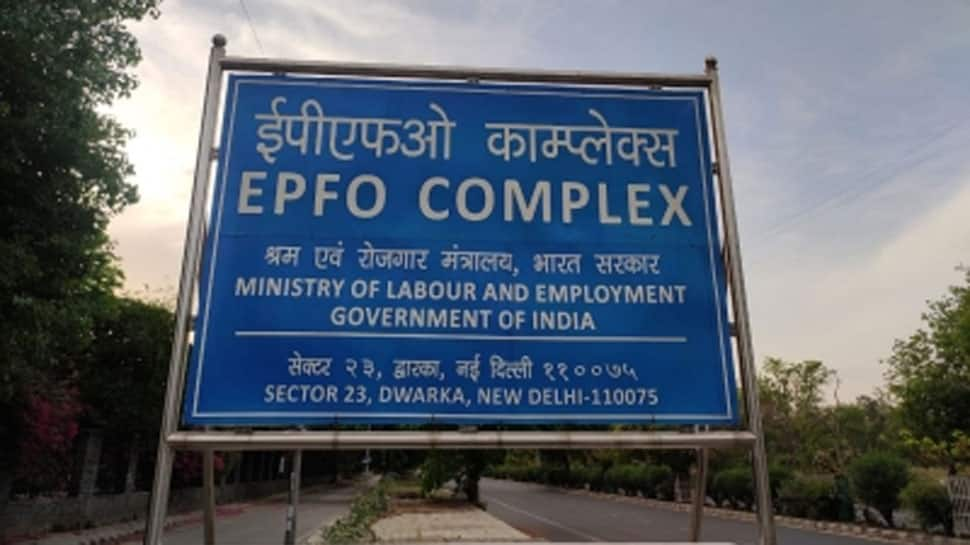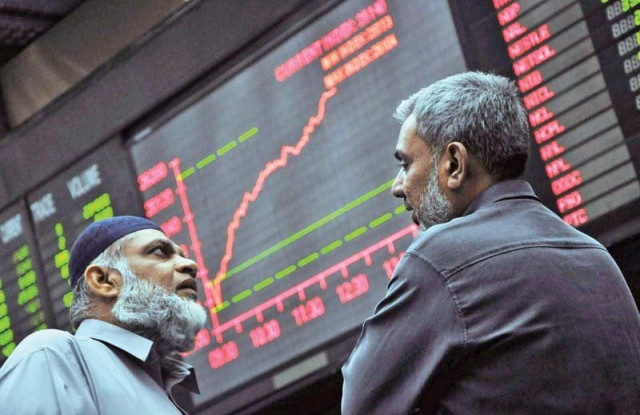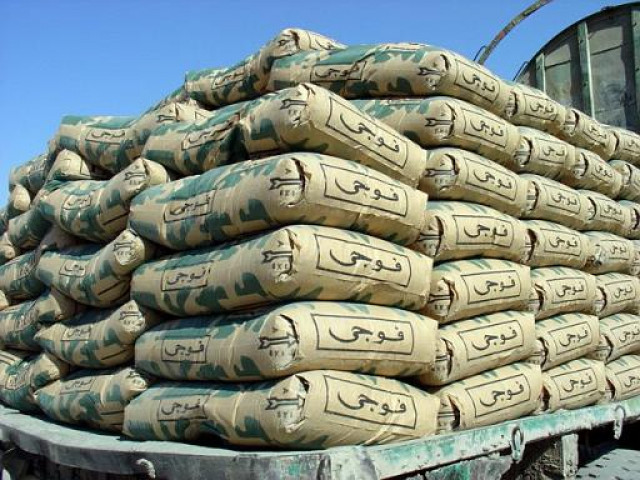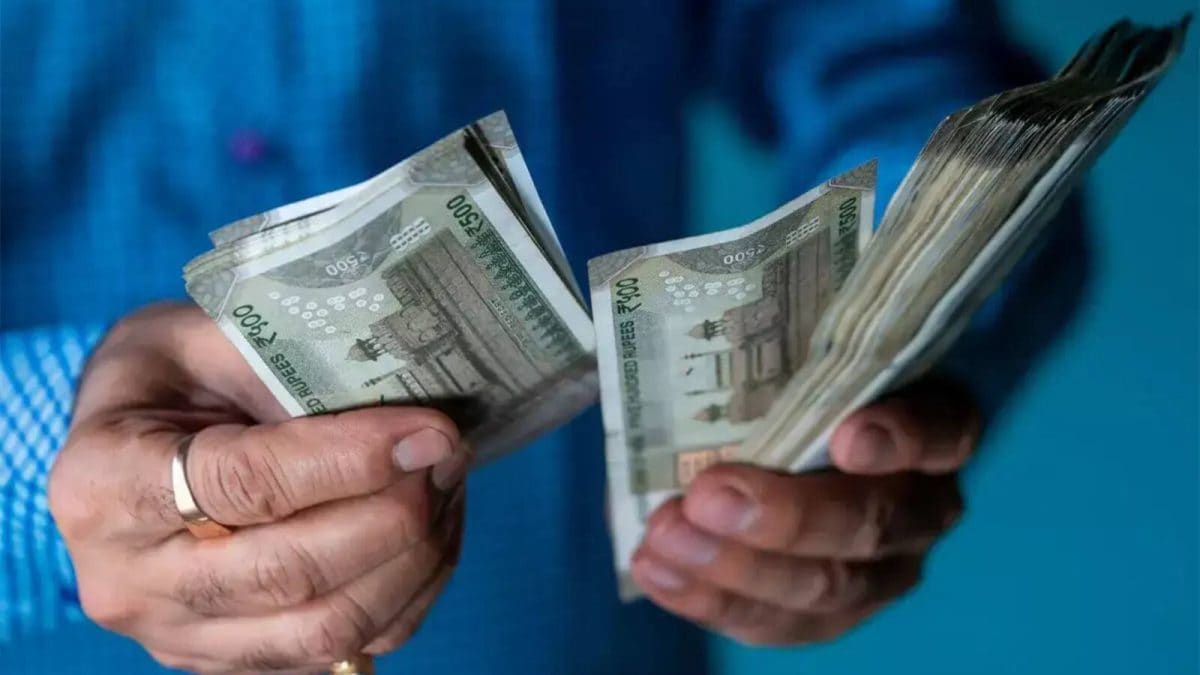Business
EPFO Extends Date Of Filing Of New ECR Up To 22 October 2025

New Delhi: The Employees’ Provident Fund Organisation (EPFO) has decided to extend the date of ECR filing till 22nd October 2025 for the wage month September. The decision was taken considering the request from a number of employers in adapting to new features of the revamped ECR and consequent difficulty in filing returns by the establishments, Ministry of Labour & Employment said.
EPFO had launched revamped Electronic Challan-cum-Return (ECR) system, which is applicable starting wage month September 2025. The revamped system aims to simplify and enhance user experience of the return filing process for employers via the EPFO’s employer portal.
“In order to facilitate smooth transition to the revamped Electronic Challan-cum-Return (ECR) system, the Employees’ Provident Fund Organisation (EPFO) has also undertaken a series of awareness program with employers and industry representatives across the country,” Ministry of Labour & Employment said.
At the central level, EPFO held meetings with major industry bodies including the Federation of Indian Chambers of Commerce and Industry (FICCI) and the PHD Chamber of Commerce and Industry (PHDCCI), Employer Federation of India (EFI) to apprise them of the new features and procedural reforms introduced in the revamped ECR system. The discussions focused on the advantages of the new return filing process, including enhanced data accuracy, sequential return validation, and better compliance facilitation.
In continuation of this outreach, Zonal and Regional Offices of EPFO are also conducting interactive sessions and workshops with employers and establishment representatives. These programs aim to provide on-ground handholding support to establishments and ensure timely and error-free filing of returns under the revamped system.
Business
FDA official calls UniQure’s gene therapy a ‘failed’ treatment for Huntington’s disease

Thomas Fuller | SOPA Images | Lightrocket | Getty Images
UniQure needs to run another study to prove that its gene therapy “actually helps people with Huntington’s disease,” a senior U.S. Food and Drug Administration official said on a call with reporters Thursday.
The official, who requested anonymity before discussing sensitive information, confirmed the agency has asked the company to run a placebo controlled trial of its treatment, which is administered directly into the brain. UniQure has said that type of study isn’t ethical because it would require putting people under general anesthesia for hours, a characterization the official disputed.
“So what is really going on? UniQure is the latest company to make a failed therapy for Huntington’s patients,” the official said. “They likely acknowledge or understand at some deep level that their trial failed years ago, and instead of doing the right thing and running the correct clinical study, UniQure is performing a distorted or manipulated comparison in the mind of FDA.”
The comments mark the latest development in a messy public spat between UniQure and the FDA, and as the agency comes under fire for a number of recent drug approval application rejections, including some where companies have accused it of going back on previous guidance. FDA Commissioner Marty Makary in an interview with CNBC’s Becky Quick last week seemingly criticized UniQure’s gene therapy for Huntington’s disease. Makary didn’t name UniQure but described its treatment.
UniQure then accused the FDA of reversing its stance that the company’s clinical trial data would be sufficient to seek approval. UniQure’s study used an outside database to measure how patients with Huntington’s disease might decline without treatment, known as an external control. UniQure has said it wouldn’t be feasible to run a true randomized, double-blind placebo-controlled study, considered the gold standard, because it wouldn’t be ethical to make people undergo a sham hours-long brain surgery.
The FDA official said the agency “never agreed to accept this distorted comparison” and the FDA “never makes such assurances.” Instead, the “FDA will always say, ‘Well, we have to see the data when we get it.'”
UniQure didn’t immediately comment.
The company’s stock rose more than 10% on Thursday and has fallen 58% this year as of Thursday afternoon.
Business
US mortgage rates rise to 6% after three-week slide as oil-driven bond yields climb – The Times of India

The average long-term US mortgage rate edged higher this week, ending a three-week decline as bond yields rose amid oil-price pressures linked to the war with Iran.The benchmark 30-year fixed mortgage rate increased to 6% from 5.98% last week, mortgage buyer Freddie Mac said on Thursday. A year ago, the average rate stood at 6.63%, AP reported.The modest uptick breaks a three-week slide in borrowing costs, with mortgage rates having hovered close to the 6% mark for most of this year. Last week’s average had marked the first time the rate dipped below 6% since September 2022, reaching its lowest level in nearly three and a half years.Mortgage rates are influenced by several factors, including the Federal Reserve’s interest-rate policy, investor expectations about inflation and economic growth, and movements in the bond market.They typically track the direction of the 10-year US Treasury yield, which lenders use as a benchmark for pricing home loans.The 10-year Treasury yield rose to 4.14% at midday Thursday, up from around 4% a week earlier.Treasury yields have moved higher in recent days as rising oil prices added fresh inflation concerns, potentially complicating the Federal Reserve’s plans to cut interest rates.
Business
PSX reclaims 160k level with 5,433-point jump | The Express Tribune

Foreign funds would divert their liquidity into buying Pakistan’s stocks. This would merely increases prices of shares and be profitable for those who already hold stocks. PHOTO: FILE
KARACHI:
The Pakistan Stock Exchange on Thursday staged a powerful rebound, when the benchmark KSE-100 index surged by over 5,400 points, reclaiming the 160,000 level in a decisive rally driven by strong institutional buying and renewed investor confidence.
The session marked a sharp recovery from recent volatility as bulls took control from the opening bell. Index-heavy stocks like Hubco (+7.15%), OGDC (+8.24%) and others led the charge, contributing significantly to the gains, while trading volumes rose to 724 million shares valuing at Rs35 billion. K-Electric dominated the volumes with over 115 million shares traded.
At the close of trading, the KSE-100 index posted a strong gain of 5,433.46 points, or 3.49%, and settled at 161,210.68.
According to Arif Habib Limited (AHL), the stock market staged a strong rebound as the benchmark index pushed higher from its 200-day moving average, gaining 3.49% to reclaim the 160,000 level. Market participation remained broadly positive, with 85 shares advancing while 14 declined among key index movers.
The major contributors included Hubco, which rose 7.15%, OGDC, higher by 8.24%, and Fauji Fertiliser, which despite declining 2.93% remained among the notable stocks influencing index movements. On the downside, Abbott Laboratories fell 3.5%, Highnoon Laboratories declined 2.42% and Fatima Fertiliser slipped 0.82%, emerging as the biggest drags on the index.
Meanwhile, geopolitical and macroeconomic developments also remained in focus. Pakistan’s top military leader stated that the country was willing to halt operations against Afghanistan if the Taliban government stopped supporting terror groups operating from its territory. On the economic front, Saudi authorities assured Pakistan of secure energy supplies through the Port of Yanbu on the Red Sea, helping support the country’s energy requirements, it said.
Additionally, Pakistan was preparing to introduce several measures, including weekly petroleum price revisions, compensation to oil companies for higher insurance costs and import premiums, and fuel conservation initiatives. Finance Minister Muhammad Aurangzeb also assured a parliamentary panel that Pakistan had adequate petroleum reserves, including 28 days of petrol and diesel supply.
Despite the strong rebound during the session, the market remained down about 4% week-on-week while heading into the final trading day and continued to trade within the large gap created by Monday’s sharp decline, AHL said.
“Bulls stormed back with authority in Thursday’s trading session, firmly planting their feet from the outset,” Topline Securities stated in its review. Strong institutional buying turned the tide after the market’s recent overreaction to regional issues, as confidence swiftly replaced caution.
Momentum gathered strength as the session progressed, driving the index to the intra-day high of 5,699 points before closing at 161,211 – up 5,433 points. It was not merely a rebound, but a statement rally marked by decisive accumulation and broad-based strength. Index-heavy constituents including Hubco, OGDC, Fauji Fertiliser, Engro Holdings and Meezan Bank led the charge, collectively contributing 2,197 points to the benchmark’s gain and reinforcing the bullish undertone, Topline said.
During the day, shares of 478 companies were traded. Of these, 350 stocks closed higher, 78 fell and 50 remained unchanged.
K-Electric was the volume leader with trading in 115.6 million shares, gaining Rs0.61 to close at Rs8.05. It was followed by Trust Securities & Brokerage (R) with 50.03 million shares, losing Rs0.04 to close at Rs0.18 and Unity Foods with 48.3 million shares, gaining Rs0.55 to close at Rs10.08. Foreign investors sold shares worth Rs1.4 billion, the National Clearing Company reported.
-

 Business1 week ago
Business1 week agoAttock Cement’s acquisition approved | The Express Tribune
-

 Politics1 week ago
Politics1 week agoWhat are Iran’s ballistic missile capabilities?
-

 Business7 days ago
Business7 days agoIndia Us Trade Deal: Fresh look at India-US trade deal? May be ‘rebalanced’ if circumstances change, says Piyush Goyal – The Times of India
-

 Politics1 week ago
Politics1 week agoUS arrests ex-Air Force pilot for ‘training’ Chinese military
-

 Fashion1 week ago
Fashion1 week agoPolicy easing drives Argentina’s garment import surge in 2025
-

 Business1 week ago
Business1 week agoHouseholds set for lower energy bills amid price cap shake-up
-

 Business6 days ago
Business6 days agoGreggs to reveal trading amid pressure from cost of living and weight loss drugs
-

 Sports1 week ago
Sports1 week agoSri Lanka’s Shanaka says constant criticism has affected players’ mental health










